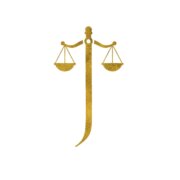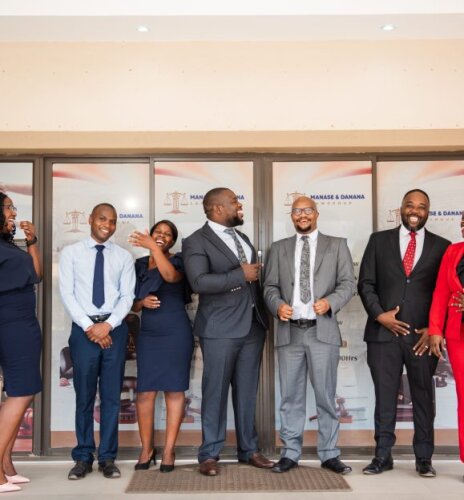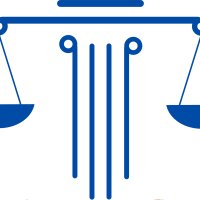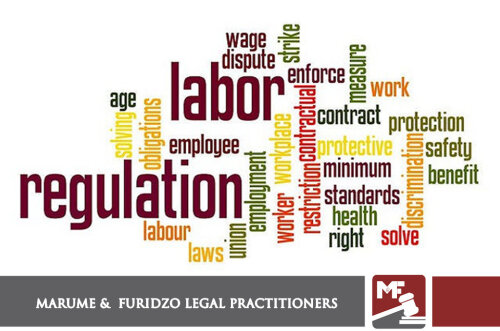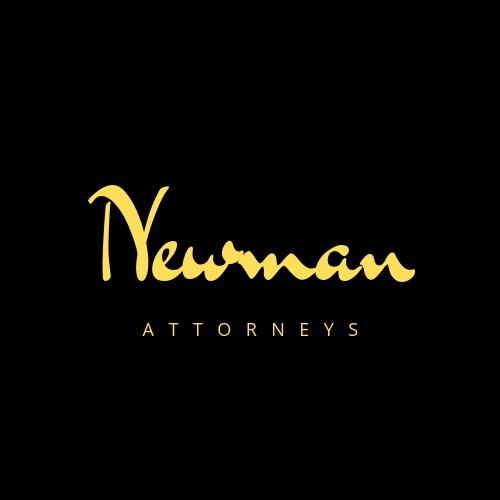Best Child Abuse Lawyers in Harare
Share your needs with us, get contacted by law firms.
Free. Takes 2 min.
Free Guide to Hiring a Family Lawyer
List of the best lawyers in Harare, Zimbabwe
About Child Abuse Law in Harare, Zimbabwe
Child abuse is a critical issue in Harare, Zimbabwe, as it is in many parts of the world. It encompasses physical abuse, emotional harm, sexual abuse, neglect, and exploitation of children. In Zimbabwe, the legal system, along with various governmental and non-governmental organizations, work actively to protect children and prosecute offenders. Laws related to child abuse aim to safeguard children's rights and ensure their safety, well-being, and holistic development.
Why You May Need a Lawyer
Seeking legal assistance for child abuse cases is essential due to the complexity and sensitivity of the issues involved. A lawyer can help in several situations, such as:
- Navigating the legal procedure after reporting an abuse case.
- Providing counsel for victims and their families on legal rights and options.
- Representing the abused in court to ensure their protection and access to justice.
- Assisting with securing protective orders against the abuser.
- Guiding through the process of child custody arrangements in the context of abuse.
Local Laws Overview
Zimbabwe has several laws and statutes targeted at preventing child abuse and protecting children:
- Children's Act (Chapter 5:06): This act provides comprehensive protection for children, setting out measures for the care, welfare, and protection of children.
- Criminal Law (Codification and Reform) Act (Chapter 9:23): This codifies crimes and includes offences against children such as rape, sexual abuse, and neglect.
- Domestic Violence Act: Provides protection from various forms of violence, including child abuse, within domestic settings.
- The Constitution of Zimbabwe: Enshrines certain rights for children, reinforcing their protection under national law.
Frequently Asked Questions
What constitutes child abuse?
Child abuse includes physical, emotional or psychological harm, sexual abuse, neglect, and child exploitation. It involves any act that harms or poses a risk to a child's welfare.
What should I do if I suspect a child is being abused?
If you suspect child abuse, report it to the Zimbabwe Republic Police or notify social welfare departments immediately. Seeking legal advice is also advisable to take appropriate actions.
Are there child protection agencies in Zimbabwe?
Yes, there are several child protection agencies, including the Department of Child Welfare and Protection Services, Childline Zimbabwe, and various NGOs dedicated to child protection.
How can a lawyer help in a child abuse case?
A lawyer can guide you through legal proceedings, represent the child's best interest in court, help secure protective orders, and ensure the abuser is held accountable under the law.
Is there a statute of limitations for reporting child abuse in Zimbabwe?
There is no specific statute of limitations for reporting child abuse cases in Zimbabwe. It is advised to report abuse as soon as it is discovered to protect the child and gather timely evidence.
What legal protections exist for children in Zimbabwe?
Children in Zimbabwe are protected under the Children's Act, the Domestic Violence Act, the Criminal Law Act, and the Zimbabwean Constitution, all of which enforce strict penalties for abuse and neglect.
Can child victims of abuse receive counseling?
Yes, child victims can receive counseling. Various organizations provide therapeutic services to help children recover from emotional and psychological trauma caused by abuse.
How is child abuse investigated in Zimbabwe?
Child abuse is investigated by the Zimbabwe Republic Police, often involving the Victim Friendly Unit. Social workers and various agencies may also participate in supporting the child and gathering evidence.
Can a parent lose custody of their child due to abuse?
Yes, if a parent is found guilty of abusing a child, they may lose custody, and guardianship or custody may be awarded to another responsible family member or guardian as determined by the court.
How can child abuse cases impact custody proceedings?
Allegations or evidence of child abuse can significantly affect custody decisions. The court prioritizes the child's safety and best interests when making custody arrangements.
Additional Resources
For those seeking further assistance or information on child abuse, consider reaching out to:
- Department of Child Welfare and Protection Services: Offers protection services for children and responds to cases of child abuse.
- Childline Zimbabwe: Provides a free helpline and counseling services for children under distress.
- ZRP Victim Friendly Unit: A specialized unit within the police force that deals with sensitive cases involving women and children.
- Save the Children Zimbabwe: Engages in programs and initiatives to protect children's rights and welfare.
Next Steps
If you need legal assistance related to child abuse, consider taking the following steps:
- Contact a qualified lawyer specializing in family or child protection law in Harare.
- Gather any evidence or documentations related to the abuse case to present to your lawyer.
- File a report with the local authorities or seek guidance from child protection agencies.
- Discuss your options with your lawyer to determine the best course of action for protecting the child and pursuing justice.
Remember, seeking legal advice early can help protect your rights and ensure the welfare and safety of the child.
Lawzana helps you find the best lawyers and law firms in Harare through a curated and pre-screened list of qualified legal professionals. Our platform offers rankings and detailed profiles of attorneys and law firms, allowing you to compare based on practice areas, including Child Abuse, experience, and client feedback.
Each profile includes a description of the firm's areas of practice, client reviews, team members and partners, year of establishment, spoken languages, office locations, contact information, social media presence, and any published articles or resources. Most firms on our platform speak English and are experienced in both local and international legal matters.
Get a quote from top-rated law firms in Harare, Zimbabwe — quickly, securely, and without unnecessary hassle.
Disclaimer:
The information provided on this page is for general informational purposes only and does not constitute legal advice. While we strive to ensure the accuracy and relevance of the content, legal information may change over time, and interpretations of the law can vary. You should always consult with a qualified legal professional for advice specific to your situation.
We disclaim all liability for actions taken or not taken based on the content of this page. If you believe any information is incorrect or outdated, please contact us, and we will review and update it where appropriate.






